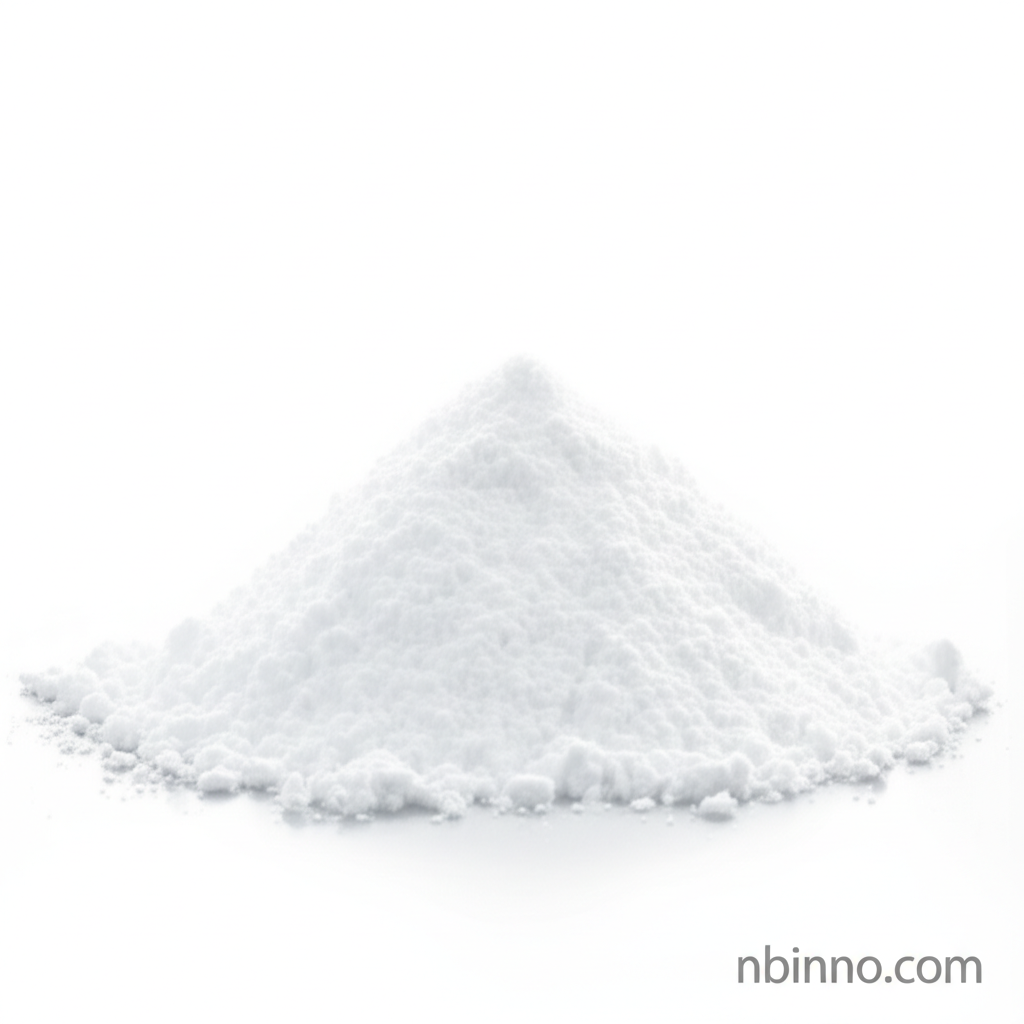Explore the Multifaceted Applications of Alginic Acid in Food, Pharmaceuticals, and Advanced Materials
Discover the versatile uses of alginic acid, a natural polysaccharide from brown algae, across diverse industries and cutting-edge applications.
Get a Quote & SampleProduct Core Value

Alginic Acid
Alginic acid, a naturally occurring polysaccharide, is renowned for its remarkable versatility. Extracted from brown algae, it forms hydrogels through ionic cross-linking, typically with divalent cations like calcium, or trivalent cations such as iron. This property makes it invaluable in numerous sectors, from enhancing food textures to enabling advanced drug delivery systems and sophisticated biomaterials.
- Alginate hydrogels derived from alginic acid play a crucial role in tissue engineering, offering a biocompatible scaffold for cell growth and regeneration.
- The food industry widely utilizes alginic acid as a thickening agent, gelling agent, and stabilizer, improving the texture and mouthfeel of various products.
- In pharmaceuticals, alginic acid is a key component in drug delivery systems, providing sustained release and protecting active ingredients.
- The unique properties of alginate hydrogels, particularly their responsiveness to stimuli like pH and ions, are leveraged in advanced applications such as wound dressings and 3D bioprinting.
Key Advantages of Alginic Acid
Biocompatibility and Biodegradability
Alginic acid's natural origin makes it highly biocompatible and biodegradable, ideal for biomedical applications and minimizing environmental impact.
Versatile Gelation Properties
Its ability to form gels with various cations allows for precise control over hydrogel properties, making it suitable for diverse uses.
Stimuli-Responsive Behavior
Modified alginate hydrogels can respond to external stimuli, enabling controlled release for advanced drug delivery and smart materials.
Key Applications
Food Industry
As a thickening agent, gelling agent, and stabilizer, alginic acid enhances the texture and quality of products like ice cream, jellies, and dressings.
Pharmaceuticals
Utilized in drug delivery systems for controlled release, as well as in tablet formulations for disintegration and cosmetic products for its thickening and moisturizing properties.
Biomedical Engineering
Alginate hydrogels serve as excellent biomaterials for tissue engineering scaffolds, wound dressings, and as bioinks for 3D bioprinting, supporting cell viability and regeneration.
Environmental Remediation
Iron(III)-cross-linked alginate hydrogels are explored for their efficacy in degrading organic dyes and removing inorganic contaminants from wastewater.
